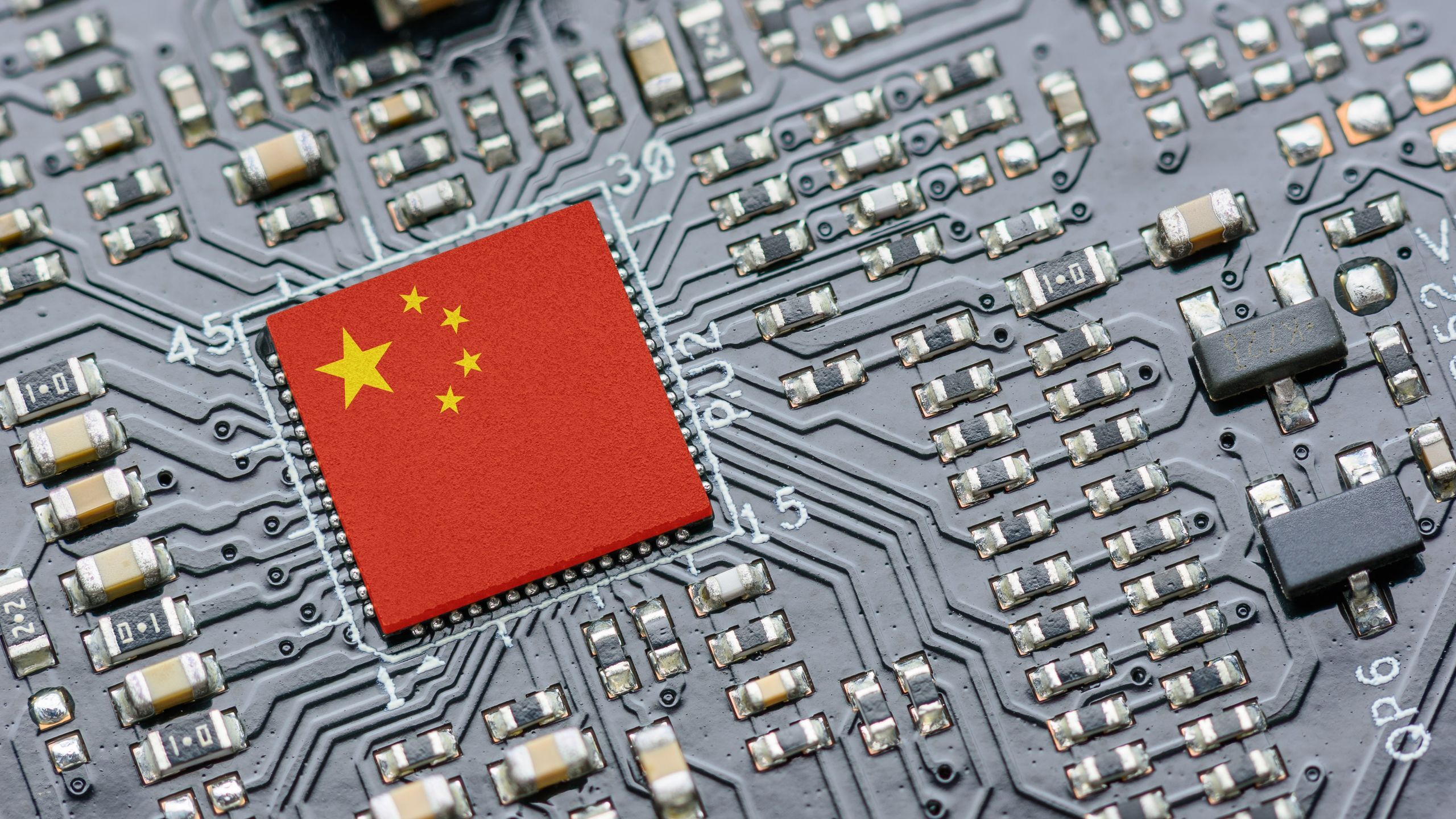Support for chiplets, heterogeneous computing, and a step away from U.S.-based standards are key features of China’s BIOS replacement.
UBIOS’s unique features over UEFI include increased support for chiplets and other heterogeneous computing use-cases, such as multi-CPU motherboards with mismatching CPUs, something UEFI struggles with or does not support. It will also better support non-x86 CPU architectures such as ARM, RISC-V, and LoongArch, the first major Chinese operating system.
Hmm, I haven’t read the full spec, but typically when you’re making mismatched components work together like this it means you can only support security features that are common for all of them - that is, any security can only be the lowest common standard. Does anybody know where to find more specific information on security features in UBIOS? Wider compatibility generally means more vulnerability.
One of the major design goals of UEFI was to add security to BIOS, which never had any real security in its design. If UBIOS is less secure than UEFI then it’s really not a good idea to use it for anything beyond personal devices.
Does UBIOS have feature parity with UEFI or is it just targeting a different use case altogether? UEFI’s security features are still not complete protection, but it would be a terrible idea to run a network server without them in the present cybersecurity environment.
Everytime I see LoongArch, I think of it as a meme… LoooooooooooongArch
If I remember correctly it’s third tone so writing it as Loong actually makes sense in my head.




